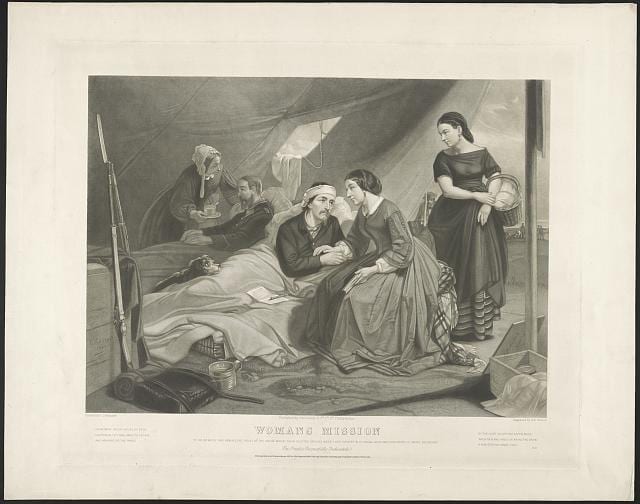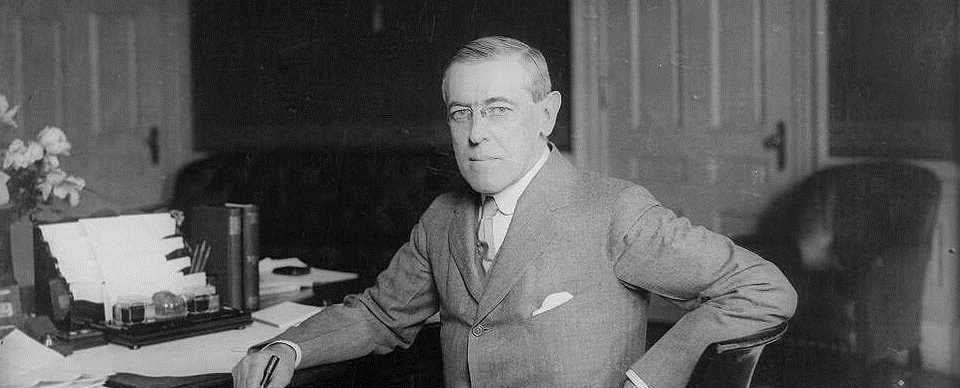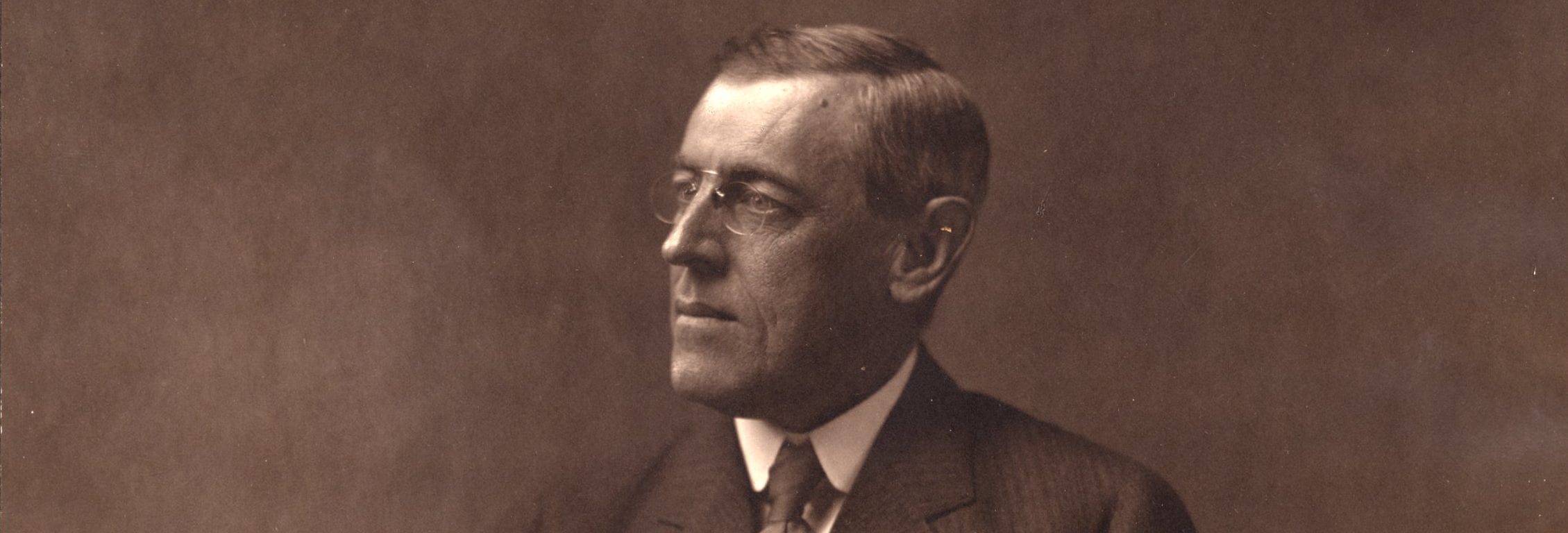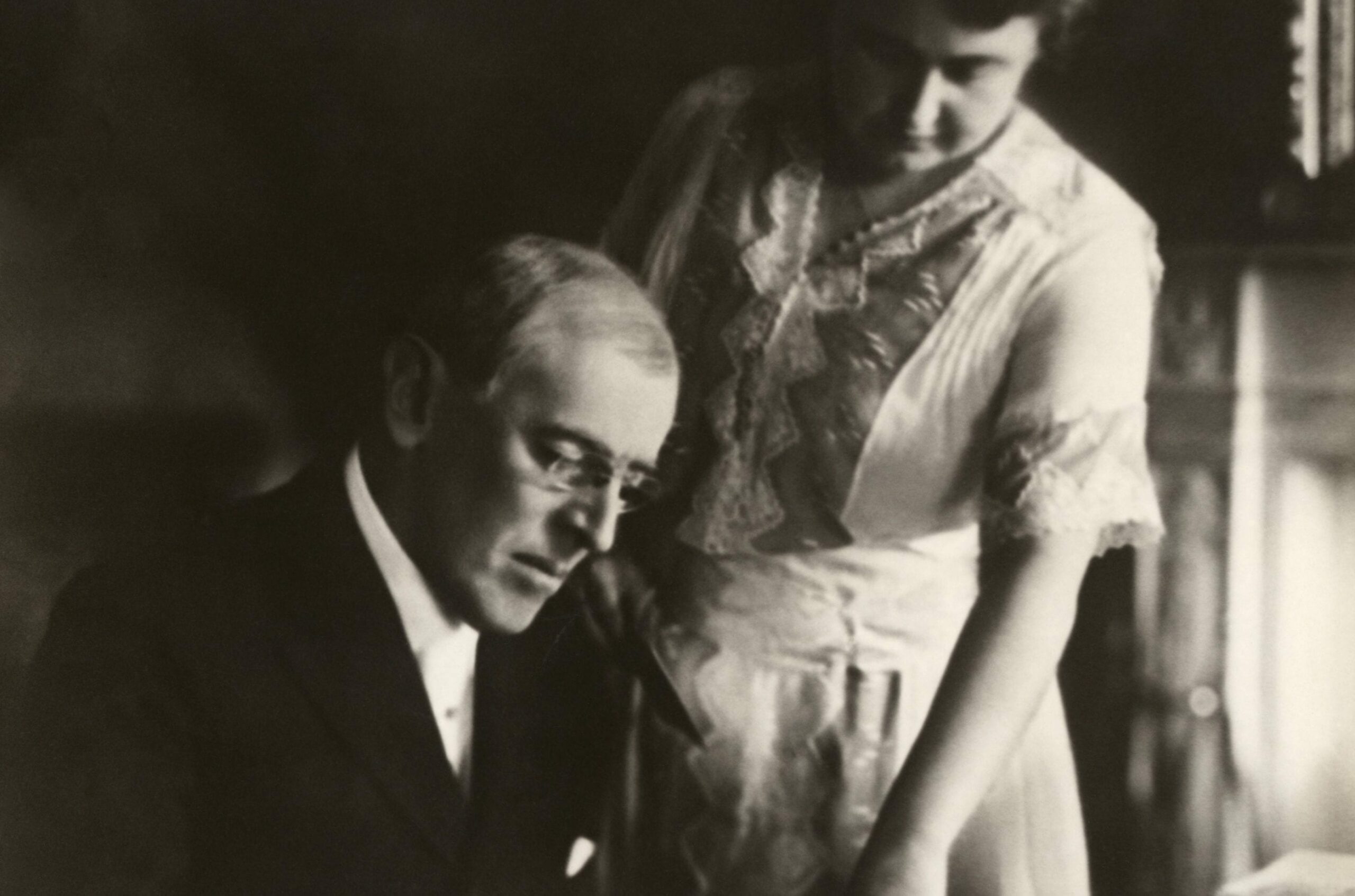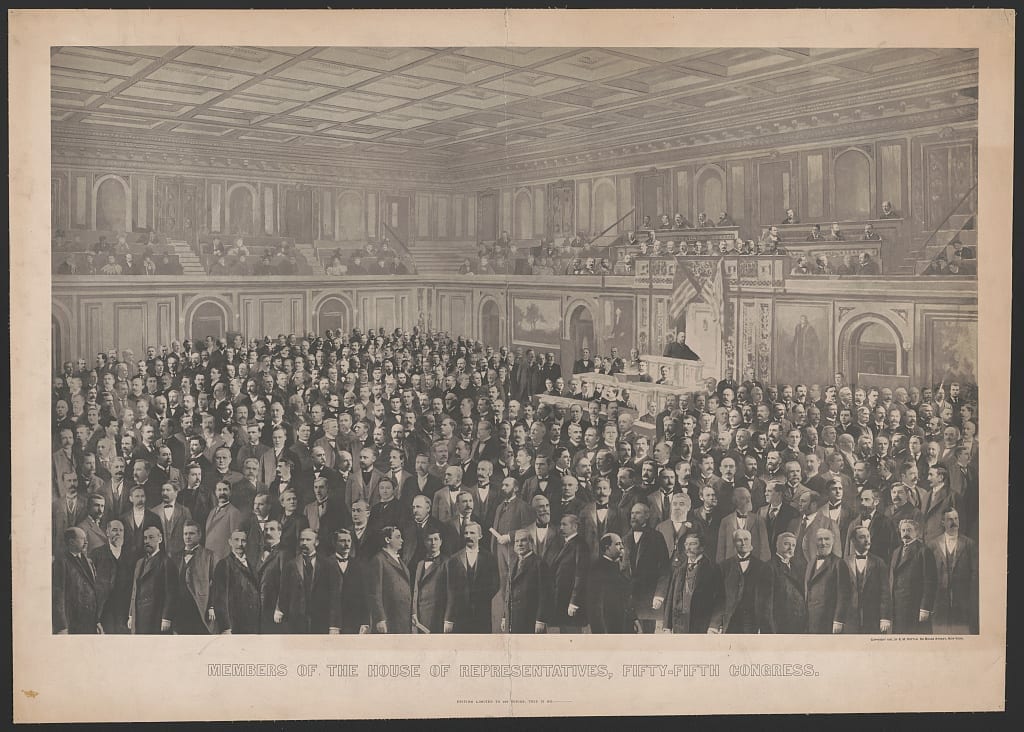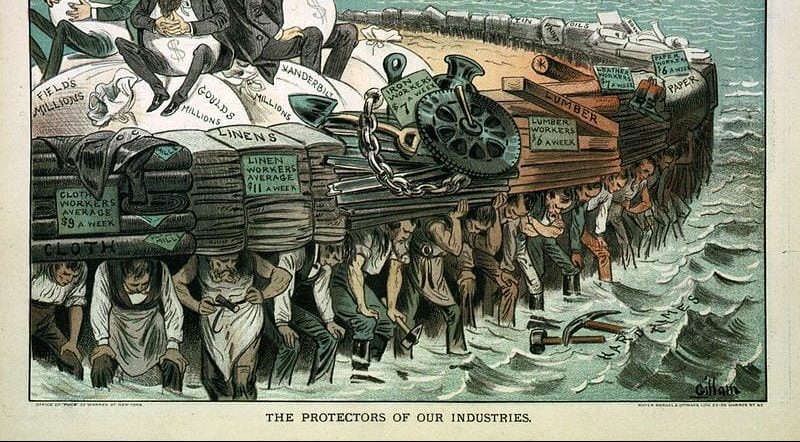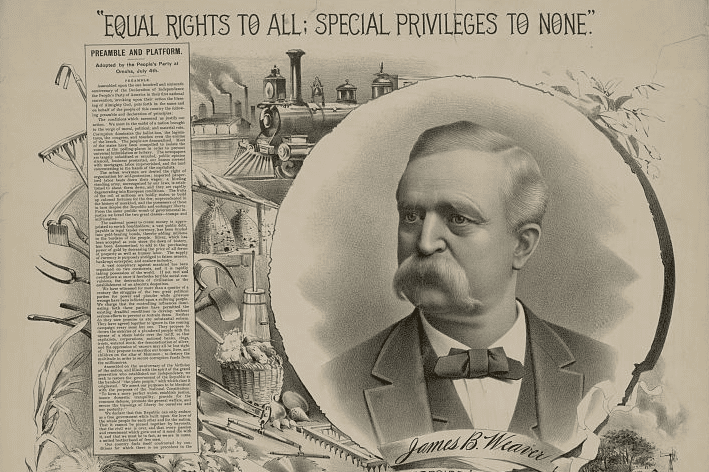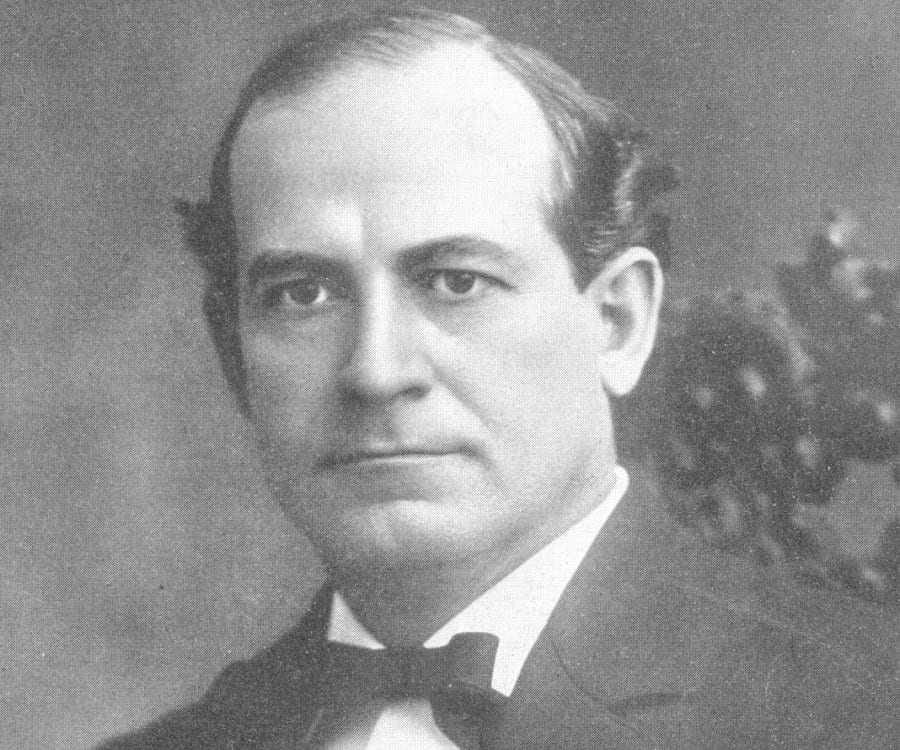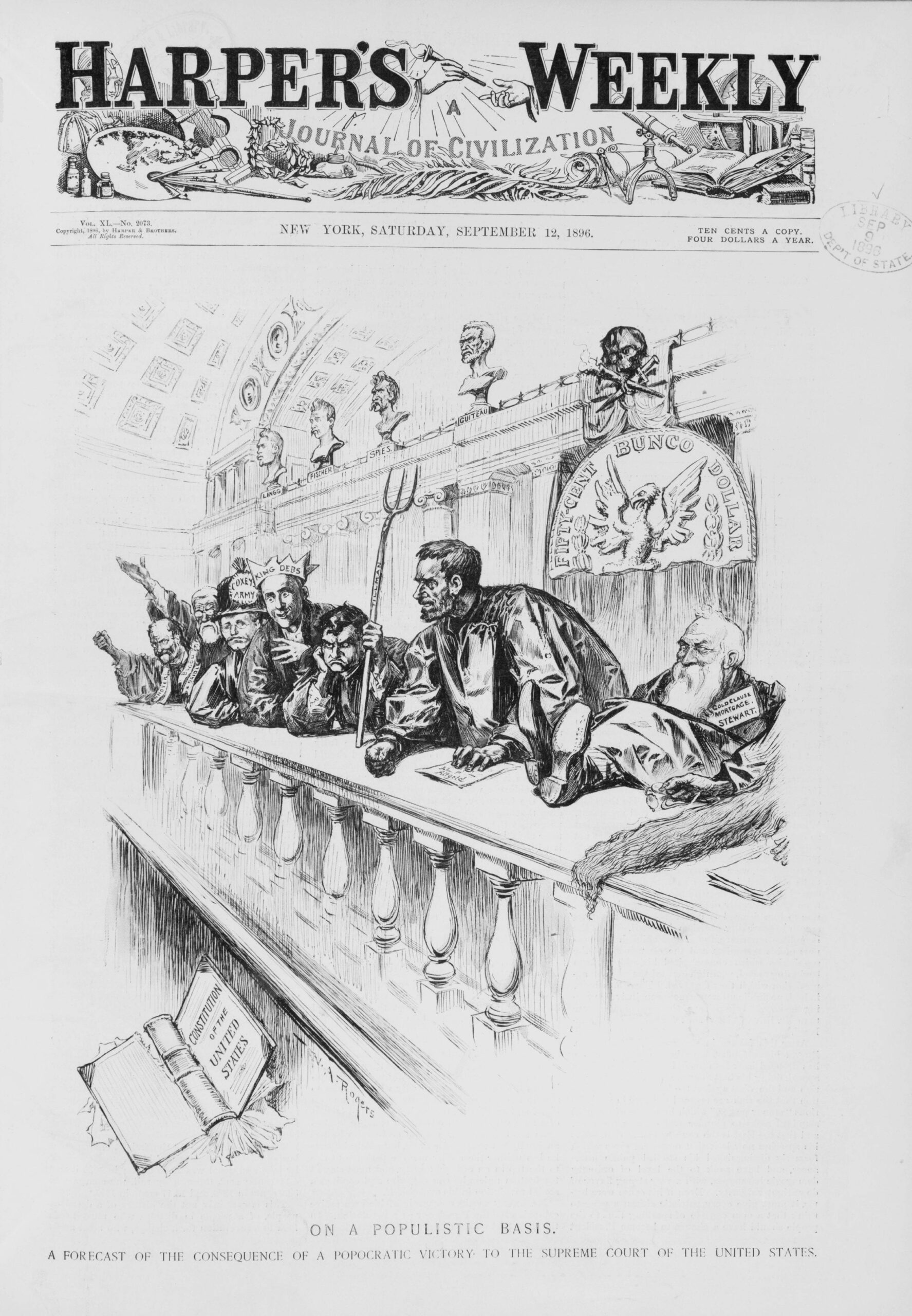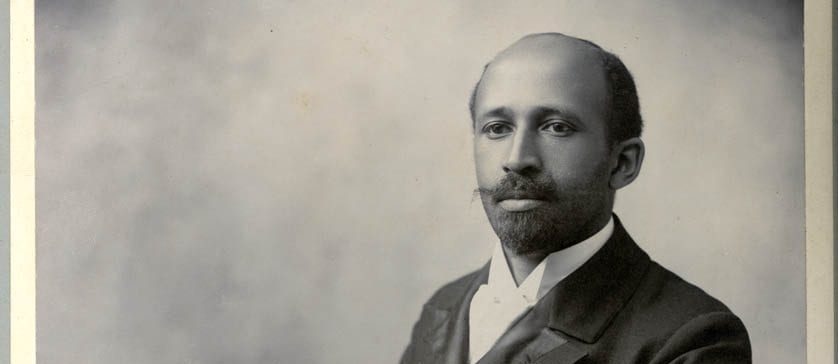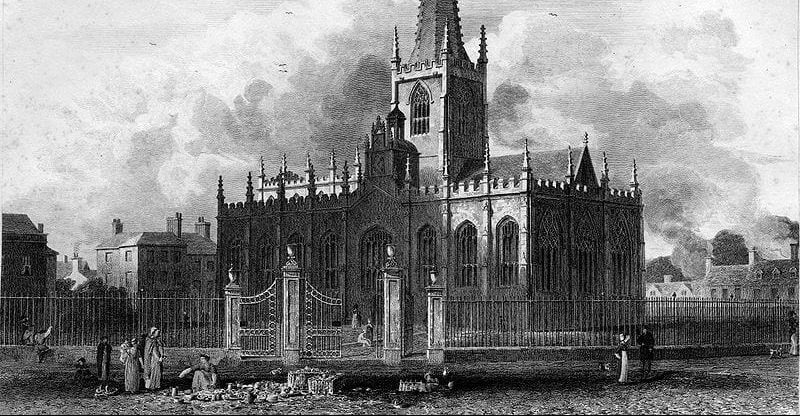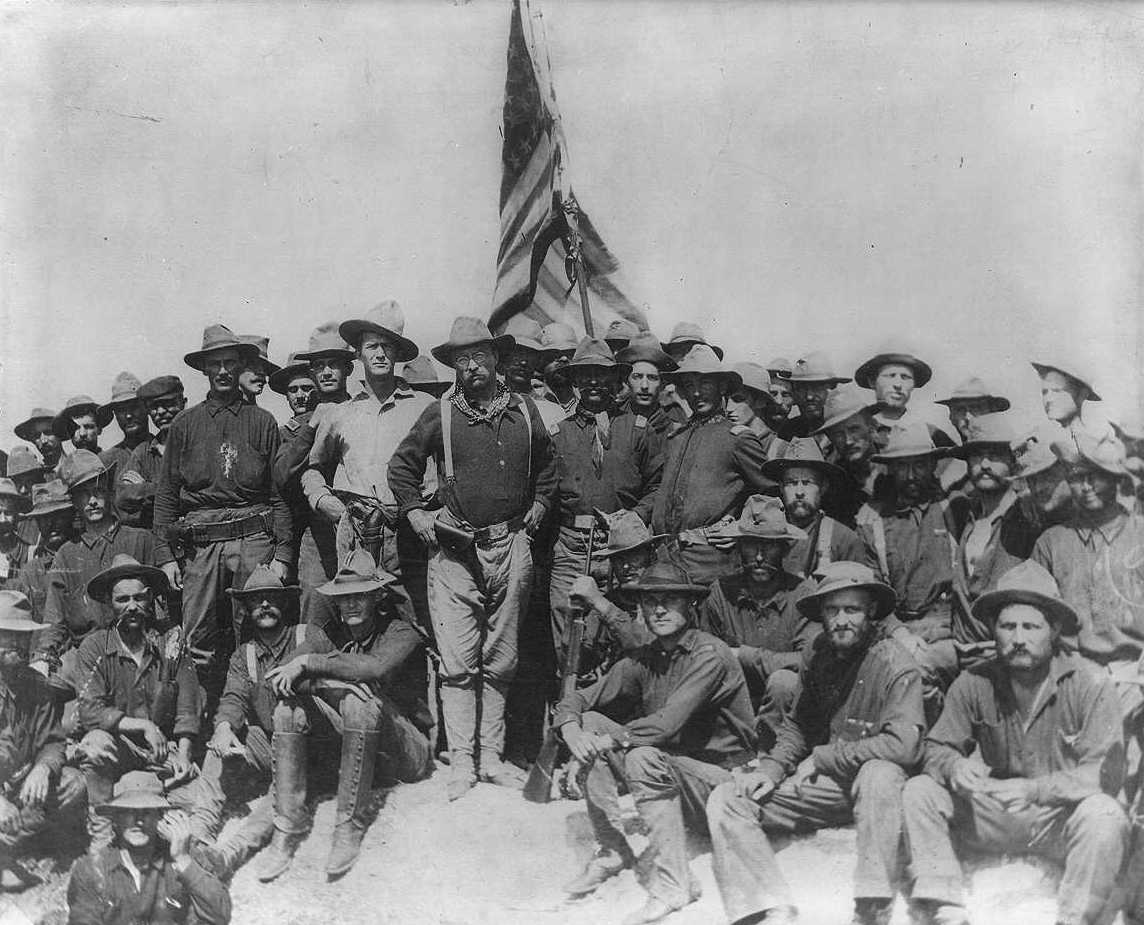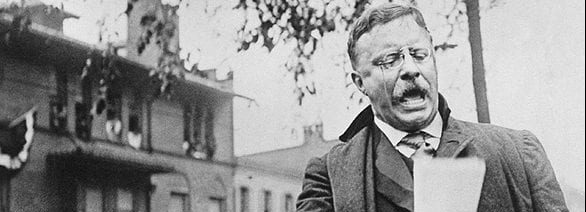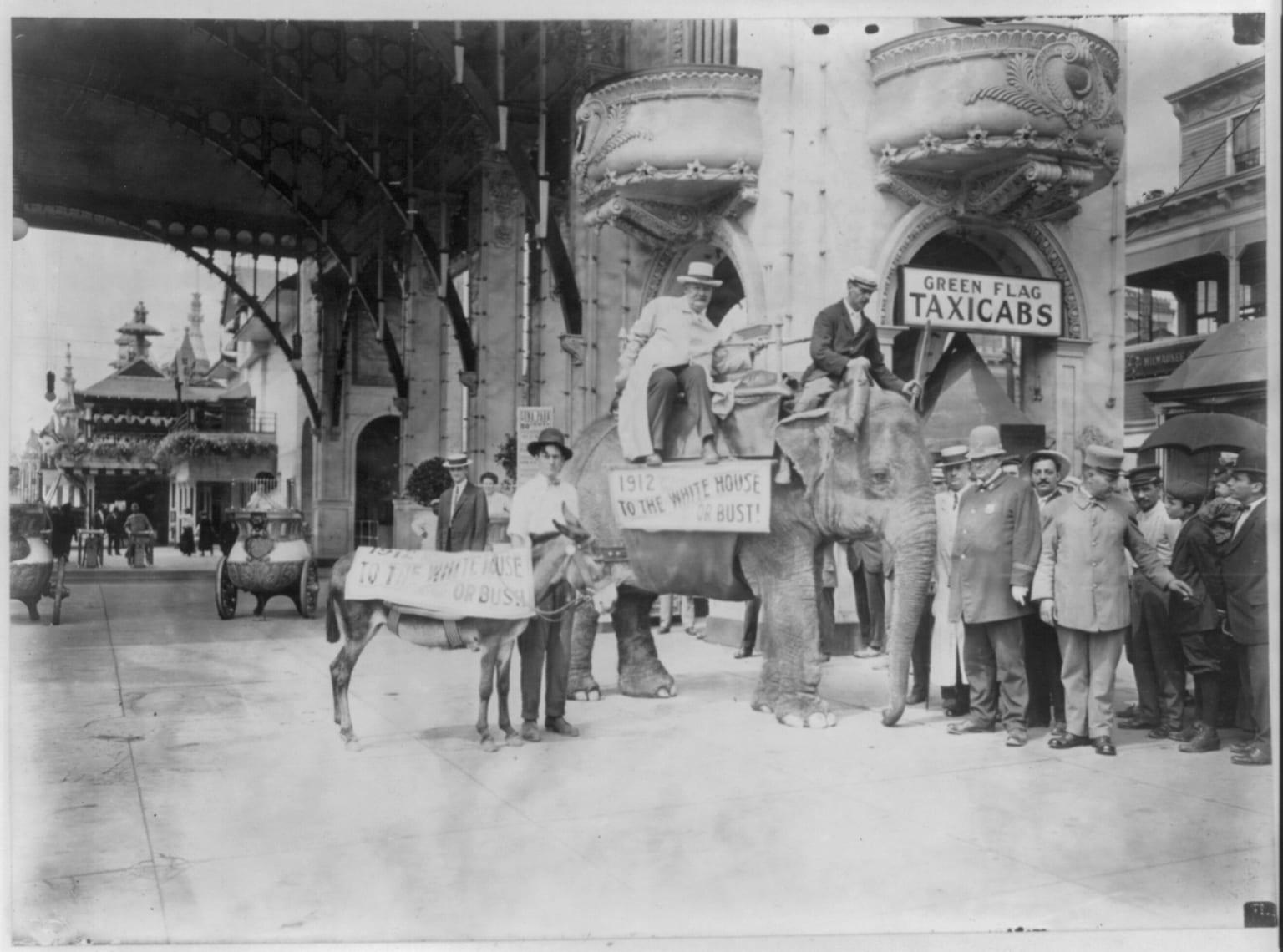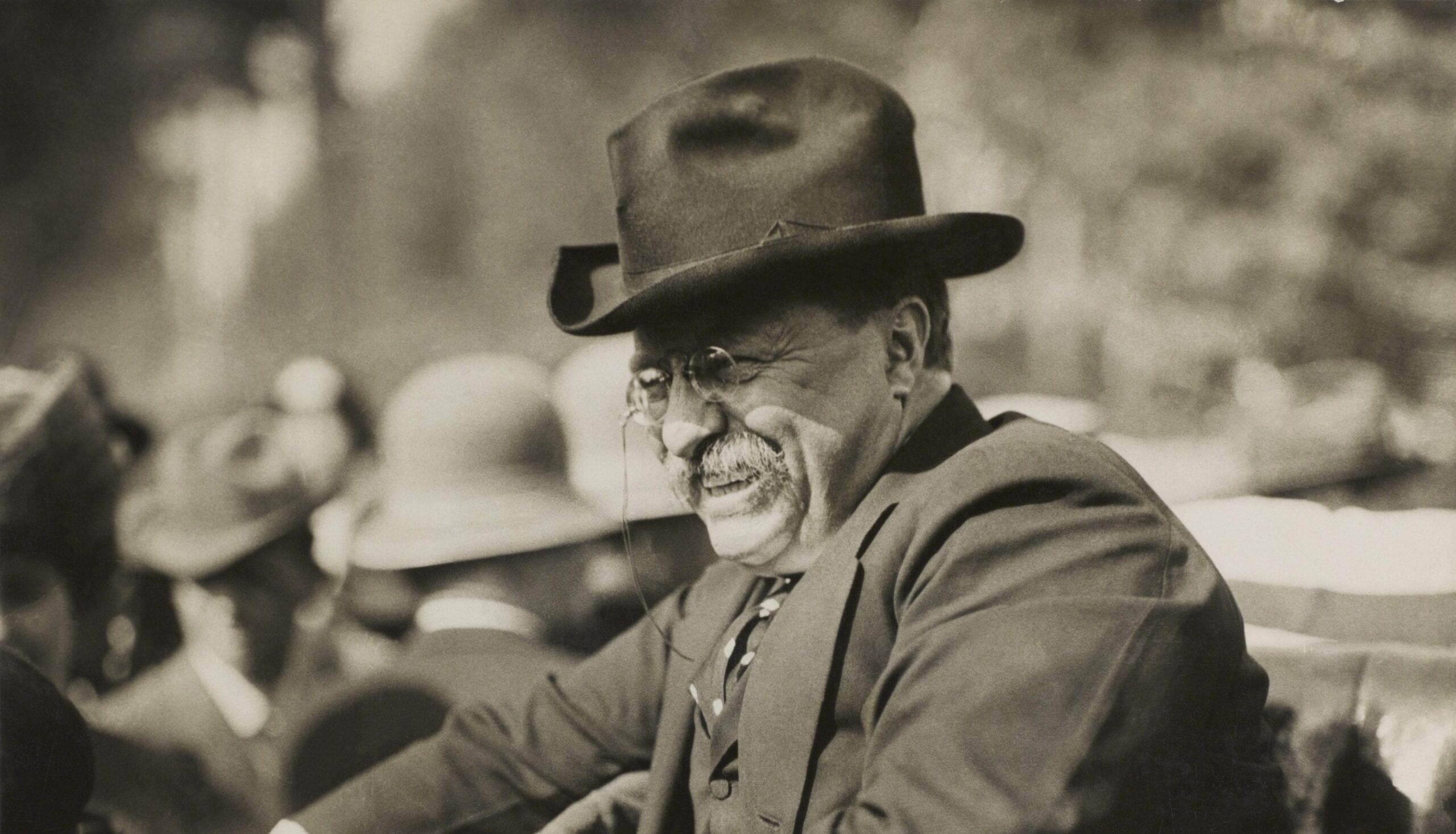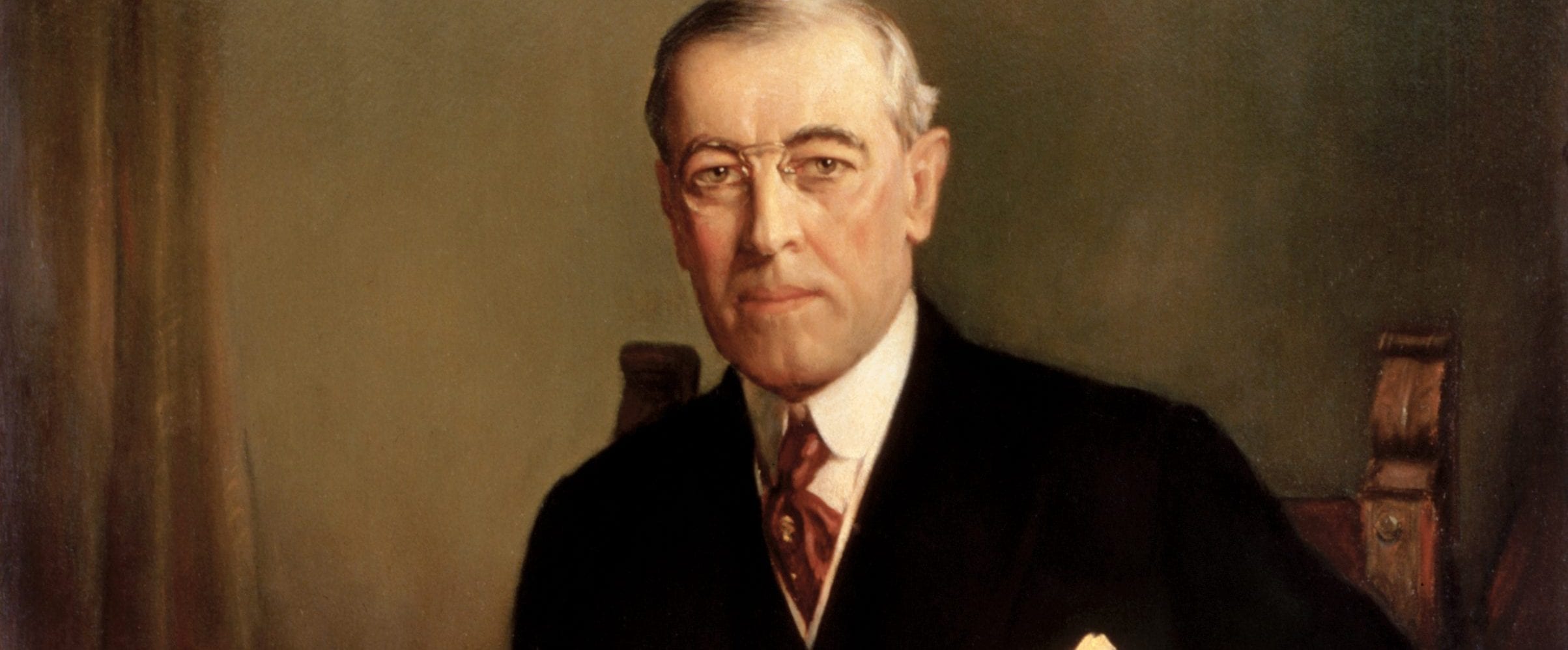

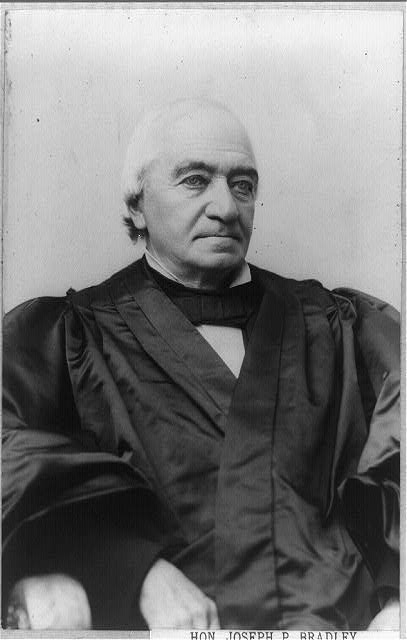
No related resources
Introduction
In the Civil Rights Cases, the Supreme Court considered whether Congress was authorized by either the Thirteenth or Fourteenth Amendment (Speech Introducing the Fourteenth Amendment) to enact a provision barring racial discrimination in public accommodations, theaters and other places of public amusement, and public conveyances as part of the Civil Rights Act of 1875. The Supreme Court concluded that Congress lacked the power to ban private discrimination, a ruling whose effects were not overcome for another eight decades, until Congress enacted the Civil Rights Act of 1964 and the Court ruled in Heart of Atlanta Motel, Inc. v. U.S. (1964) that the commerce clause (Article I, section 8, clause 3) authorized Congress to prohibit racial discrimination in public accommodations.
In considering whether the Fourteenth Amendment authorized Congress to prohibit racial discrimination by private actors, Justice Joseph Bradley (1813–1892), writing for the majority, took particular note of the amendment’s first section and its focus on prohibiting state action rather than actions of private individuals, and then focused on the amendment’s final section, which authorized Congress to enforce the preceding guarantees. Bradley argued that this section did not give Congress the power to legislate on subjects within “the domain of state legislation.” Justice Bradley allowed for the possibility that Congress could enact legislation counteracting and correcting states’ failure to protect rights guaranteed by the Fourteenth Amendment but concluded that the challenged provision of the Civil Rights Act of 1875 was not corrective but rather superseded state legislation. He next considered whether a federal ban on racial discrimination by private individuals could be authorized by the Thirteenth Amendment. He concluded it could not, because such discrimination did not amount to involuntary servitude.
Justice John Marshall Harlan (1833–1911) was the lone dissenter. He began his dissent by arguing: “The opinion in these cases proceeds, it seems to me, upon grounds entirely too narrow and artificial. I cannot resist the conclusion that the substance and spirit of the recent amendments of the Constitution have been sacrificed by a subtle and ingenious verbal criticism.” He wrote that: “The court adjudges, I think erroneously, that Congress is without power, under either the Thirteenth or Fourteenth Amendment, to establish” the regulations contained in the Civil Rights Act of 1875.
Source: 109 U.S. 3 (1883), https://www.law.cornell.edu/supremecourt/text/109/3
JUSTICE JOSEPH BRADLEY:
It is obvious that the primary and important question in all the cases is the constitutionality of the law; for if the law is unconstitutional none of the prosecutions can stand.
The sections of the law referred to provide as follows:
Section 1. That all persons within the jurisdiction of the United States shall be entitled to the full and equal enjoyment of the accommodations, advantages, facilities, and privileges of inns, public conveyances on land or water, theaters, and other places of public amusement; subject only to the conditions and limitations established by law, and applicable alike to citizens of every race and color, regardless of any previous condition of servitude....
Has Congress constitutional power to make such a law? Of course, no one will contend that the power to pass it was contained in the Constitution before the adoption of the last three amendments. The power is sought, first, in the Fourteenth Amendment, and the views and arguments of distinguished senators, advanced while the law was under consideration, claiming authority to pass it by virtue of that amendment, are the principal arguments adduced in favor of the power....
The first section of the Fourteenth Amendment—which is the one relied on—after declaring who shall be citizens of the United States, and of the several states, is prohibitory in its character, and prohibitory upon the states. It declares that “no state shall make or enforce any law which shall abridge the privileges or immunities of citizens of the United States; nor shall any state deprive any person of life, liberty, or property without due process of law; nor deny to any person within its jurisdiction the equal protection of the laws.” It is state action of a particular character that is prohibited. Individual invasion of individual rights is not the subject-matter of the amendment. It has a deeper and broader scope. It nullifies and makes void all state legislation, and state action of every kind, which impairs the privileges and immunities of citizens of the United States, or which injures them in life, liberty, or property without due process of law, or which denies to any of them the equal protection of the laws. It not only does this, but, in order that the national will, thus declared, may not be a mere brutum fulmen,1 the last section of the amendment invests Congress with power to enforce it by appropriate legislation. To enforce what? To enforce the prohibition. To adopt appropriate legislation for correcting the effects of such prohibited state law and state acts, and thus to render them effectually null, void, and innocuous. This is the legislative power conferred upon Congress, and this is the whole of it. It does not invest Congress with power to legislate upon subjects which are within the domain of state legislation; but to provide modes of relief against state legislation, or state action, of the kind referred to. It does not authorize Congress to create a code of municipal law for the regulation of private rights; but to provide modes of redress against the operation of state laws, and the action of state officers, executive or judicial, when these are subversive of the fundamental rights specified in the amendment. Positive rights and privileges are undoubtedly secured by the Fourteenth Amendment; but they are secured by way of prohibition against state laws and state proceedings affecting those rights and privileges, and by power given to Congress to legislate for the purpose of carrying such prohibition into effect; and such legislation must necessarily be predicated upon such supposed state laws or state proceedings, and be directed to the correction of their operation and effect....
... It is clear that the law in question cannot be sustained by any grant of legislative power made to Congress by the Fourteenth Amendment. That amendment prohibits the states from denying to any person the equal protection of the laws, and declares that Congress shall have power to enforce, by appropriate legislation, the provisions of the amendment. The law in question, without any reference to adverse state legislation on the subject, declares that all persons shall be entitled to equal accommodation and privileges of inns, public conveyances, and places of public amusement, and imposes a penalty upon any individual who shall deny to any citizen such equal accommodations and privileges. This is not corrective legislation; it is primary and direct; it takes immediate and absolute possession of the subject of the right of admission to inns, public conveyances, and places of amusement. It supersedes and displaces state legislation on the same subject, or only allows it permissive force. It ignores such legislation, and assumes that the matter is one that belongs to the domain of national regulation. Whether it would not have been a more effective protection of the rights of citizens to have clothed Congress with plenary power over the whole subject, is not now the question. What we have to decide is, whether such plenary power has been conferred upon Congress by the Fourteenth Amendment, and, in our judgment, it has not....
But the power of Congress to adopt direct and primary, as distinguished from corrective, legislation on the subject in hand, is sought, in the second place, from the Thirteenth Amendment, which abolishes slavery. This amendment declares “that neither slavery, nor involuntary servitude, except as a punishment for crime, whereof the party shall have been duly convicted, shall exist within the United States, or any place subject to their jurisdiction”; and it gives Congress power to enforce the amendment by appropriate legislation....
The only question under the present head, therefore, is, whether the refusal to any persons of the accommodations of an inn, or a public conveyance, or a place of public amusement, by an individual, and without any sanction or support from any state law or regulation, does inflict upon such persons any manner of servitude, or form of slavery, as those terms are understood in this country?...
After giving to these questions all the consideration which their importance demands, we are forced to the conclusion that such an act of refusal has nothing to do with slavery or involuntary servitude, and that if it is violative of any right of the party, his redress is to be sought under the laws of the state; or, if those laws are adverse to his rights and do not protect him, his remedy will be found in the corrective legislation which Congress has adopted, or may adopt, for counteracting the effect of state laws, or state action, prohibited by the Fourteenth Amendment. It would be running the slavery argument into the ground to make it apply to every act of discrimination which a person may see fit to make as to the guests he will entertain, or as to the people he will take into his coach or cab or car, or admit to his concert or theater, or deal with in other matters of intercourse or business. Innkeepers and public carriers, by the laws of all the states, so far as we are aware, are bound, to the extent of their facilities, to furnish proper accommodation to all unobjectionable persons who in good faith apply for them. If the laws themselves make any unjust discrimination, amenable to the prohibitions of the Fourteenth Amendment, Congress has full power to afford a remedy under that amendment and in accordance with it.
When a man has emerged from slavery, and by the aid of beneficent legislation has shaken off the inseparable concomitants of that state, there must be some stage in the progress of his elevation when he takes the rank of a mere citizen, and ceases to be the special favorite of the laws, and when his rights as a citizen, or a man, are to be protected in the ordinary modes by which other men’s rights are protected. There were thousands of free colored people in this country before the abolition of slavery, enjoying all the essential rights of life, liberty, and property the same as white citizens; yet no one, at that time, thought that it was any invasion of their personal status as freemen because they were not admitted to all the privileges enjoyed by white citizens, or because they were subjected to discriminations in the enjoyment of accommodations in inns, public conveyances, and places of amusement. Mere discriminations on account of race or color were not regarded as badges of slavery....
On the whole, we are of opinion that no countenance of authority for the passage of the law in question can be found in either the Thirteenth or Fourteenth Amendment of the Constitution; and no other ground of authority for its passage being suggested, it must necessarily be declared void, at least so far as its operation in the several states is concerned.
- 1. An ineffectual guarantee.
The Civil Rights Mass Meeting Speech
October 22, 1883
Conversation-based seminars for collegial PD, one-day and multi-day seminars, graduate credit seminars (MA degree), online and in-person.



